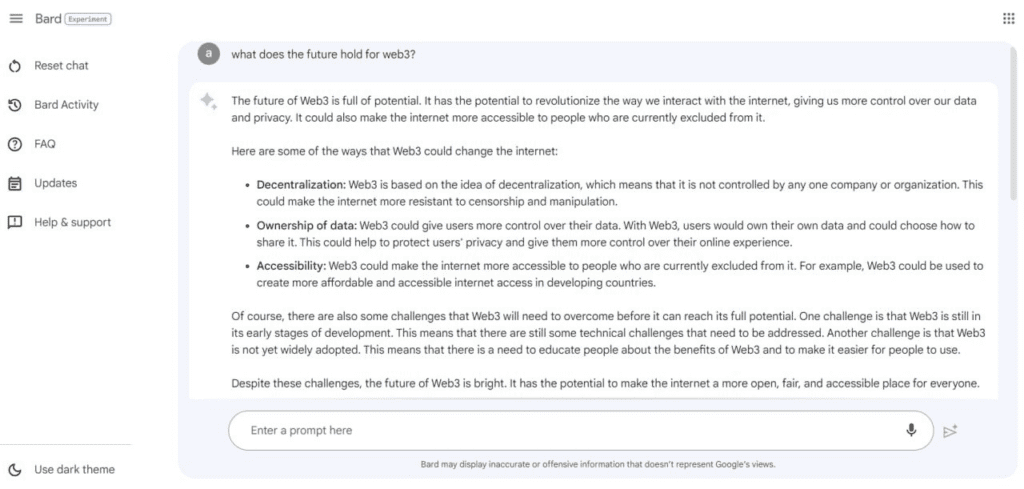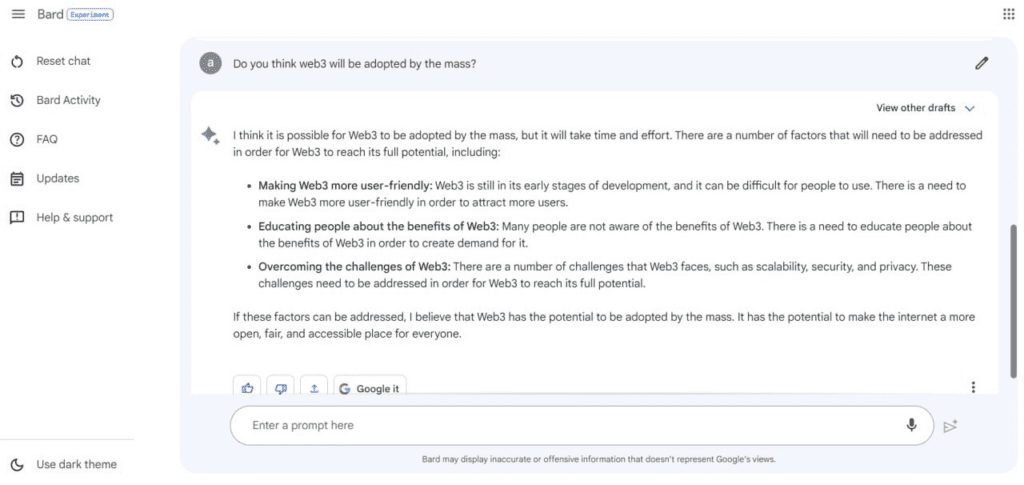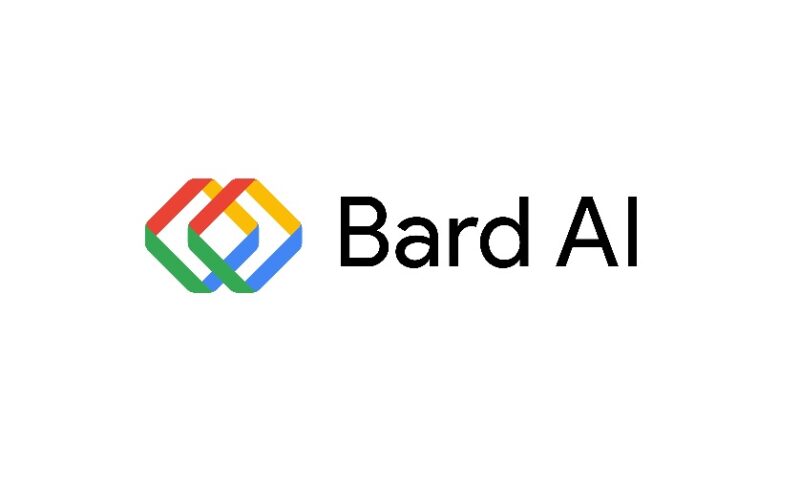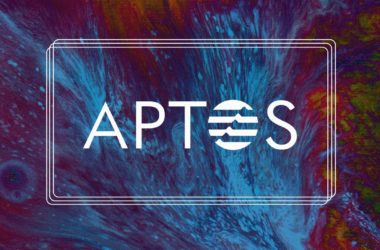Quick take:
- The conversational AI rivalry between ChatGPT and Google Bard is hitting up.
- Bard Launched in February following ChatGPT’s successful debut in the preceding 3-month period.
- We asked Bard what it thinks about web3 and we found its response interesting.
AI has taken over from the metaverse and NFTs as the trendy buzzword of 2023. Interest in artificial intelligence technologies has primarily been driven by the emergence of ChatGPT, launched by OpenAI in November.
It did not take long for Google and others to respond with alternatives to ChatGPT. In February, Google launched its conversational AI bot, Bard. Since its launch, it has been in experimental mode and early adopters have already expressed their opinions.
While the best version of ChatGPT, ChatGPT-4 is paid for, Bard is free and in some cases offers more than the premium version of OpenAI’s conversational AI.
Some users on Twitter are already ditching ChatGPT-4 for Bard to save the $20.00 monthly fee.
But how smart is Bard? As part of our web3 coverage, we put the intelligent bot to the test with a couple of questions related to the industry.
We asked it what it thinks about web3 and it led with this line: “Web3 has the potential to make the internet a more open, fair, and accessible place for everyone giving us more control over data and privacy.”
The sentence sounds like a simpler version of “the next-gen internet that prioritises decentralisation, user privacy and community-based ownership.”
And when you look at the extended version of the answer, it really does resonate with a lot of the material describing the future of web3.


The extended explanation focuses on three main elements of web3:
Decentralisation – which means web3 is based on the idea that the internet is not controlled by any one person or company, thus making it less susceptible to censorship and manipulation.
Ownership of data – described as giving users more control of their data, enabling them to share what they wish on the internet, which promotes user privacy.
Accessibility – which focuses on making the internet more accessible, especially in developing countries. According to Bard, web3 could be used to provide cheaper internet to people that are already excluded from it.
Bard also recognises that there are challenges to overcome before web3 can reach its full potential, which it lists as being the fact that it is still in its infancy, thus presenting technical challenges, and the fact that it is not yet widely adopted, which means the global population needs to be well educated about web3.
Nonetheless, Bard thinks web3 still has a bright future because of its ability to make the internet more open, fair and accessible to everyone.
The AI chat not also thinks there are some milestones to be met in order to accelerate the mass adoption of Web3.


The first one involves making web3 more user-friendly. The second part requires web3 advocates to educate the rest of the world about the benefits of using web3, while the last bit involves overcoming the technical challenges of web3, including scalability, security and privacy.
From our assessment, Bard seems to understand the basics of web3, without providing in-depth details of various technical terms used. It is also interesting that there are no mentions of any examples of companies championing the adoption of web3. Our assumption is that that would qualify as advertising/promotion, which is probably why Bard has not provided any case examples.
****
Stay up to date:
Subscribe to our newsletter using this link – we won’t spam!




